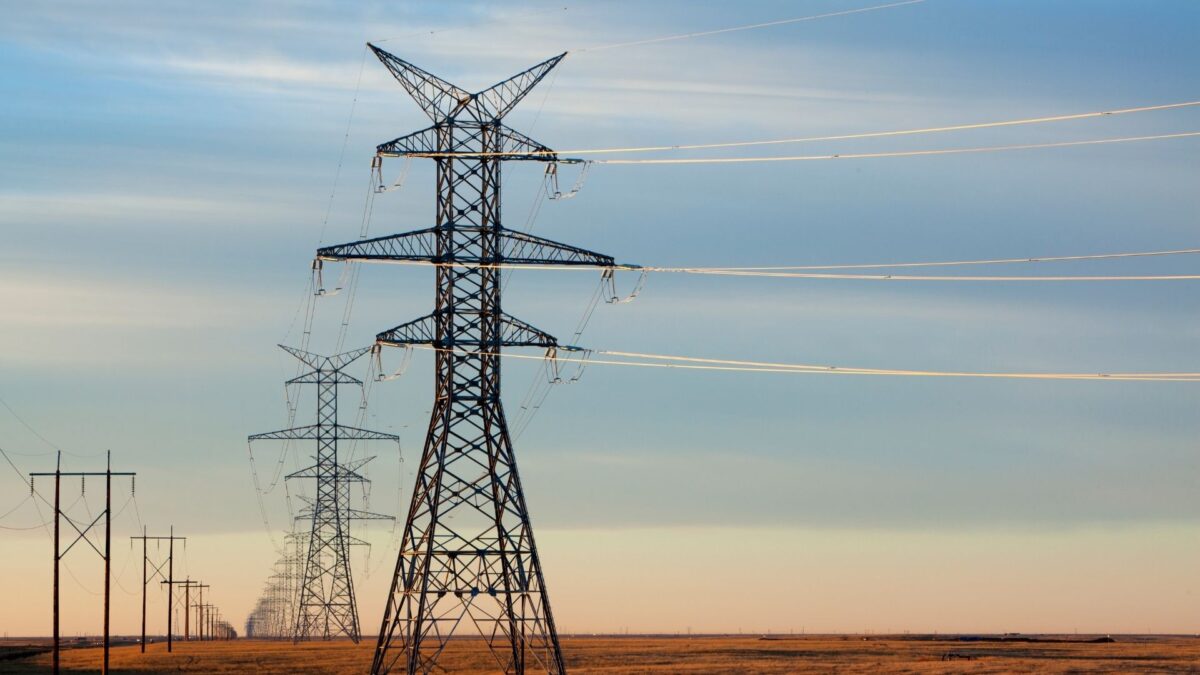In most cases, the rules for a transmission companies’ use of land on which devices for the transmission of electricity, water and gas are located, are regulated through establishing transmission easements. According to Art. 305 (2) of the Civil Code, transmission easements are established for an appropriate fee.
Establishment of an easement involves the obligation of the owner to tolerate the existence of electricity, water or gas transmission facilities on his land, but also to receive a benefit in the form of one-off payment (usually) or periodic compensation. Should tax be paid on the remunaration received? Before October 4, 2014, the tax authorities took the position that the remuneration received by the taxpayer for establishing a transmission easement was taxable. This position was confirmed by issued general interpretations (interpretation of the Minister of Finance of July 10, 2013, DD3 / 033/101 / CRS / 13 / RWPD-48186 / RD-70022/1).
In 2014, an amendment to the Personal Income Tax Act entered into force, which determined that income from remuneration received for the establishment of a transmission easement within the meaning of civil law became free from income tax. Therefore, at present, there should be no doubt, that in accordnace with the aforementioned amendedment, no tax is to be collected on the remuneration received for the establishment of the transmission easement.
When regulating the issue of transmission easement, the property owner and transmission company (in the absence of a consensus of the parties, this is done through the courts) often make mutual settlements with respect to the prior use of the property by the entrepreneur without legal title. On this basis, the owner is entitled to remuneration, for so-called non-contractual use of the property. Importantly, the remuneration due under Articles 224 § 2 and 225 of the Civil Code cannot be regarded as compensation for damage caused to the owner. Therefore, renumeration is to be regarded exclusivley as payment for the use of owner’s property by the utility holder. It should go without saying, but does not hurt to mention, that the full legal basis of the ownership for the property subject to the easement needs to be demonstrated prior the negotiation of the easement.
The amount received for non-contractual use of real property constitutes revenue from other sources, as referred to in Art. 10 sec. 1 point 9 in connection with with Art. 20 paragraph 1 on the Personal Income Tax Act, subject to taxation according to the tax scale referred to in Article 27 sec. 1 on the Personal Income Tax Act and should be disclosed in the tax return to be submitted to the competent tax office by 30 April of the fiscal year following the year in which the above-mentioned remuneration was received (e.g. the judgment of the Provincial Administrative Court in Łódź of 07-07-2016, case no. I SA / Łd 487/16; the judgment of the Provincial Administrative Court in Warsaw of 23-10-2014, case no. III SA / Wa 1666/14).
Therefore, revenue obtained as remuneration for non-contractual use of land does not benefit from the tax exemption enjoyed by the payment for the establishment of a transmission easement. The amount received as remuneration for the use of the real property must be subject to taxation according to the general rules, i.e. the 17% or 32% scale.


